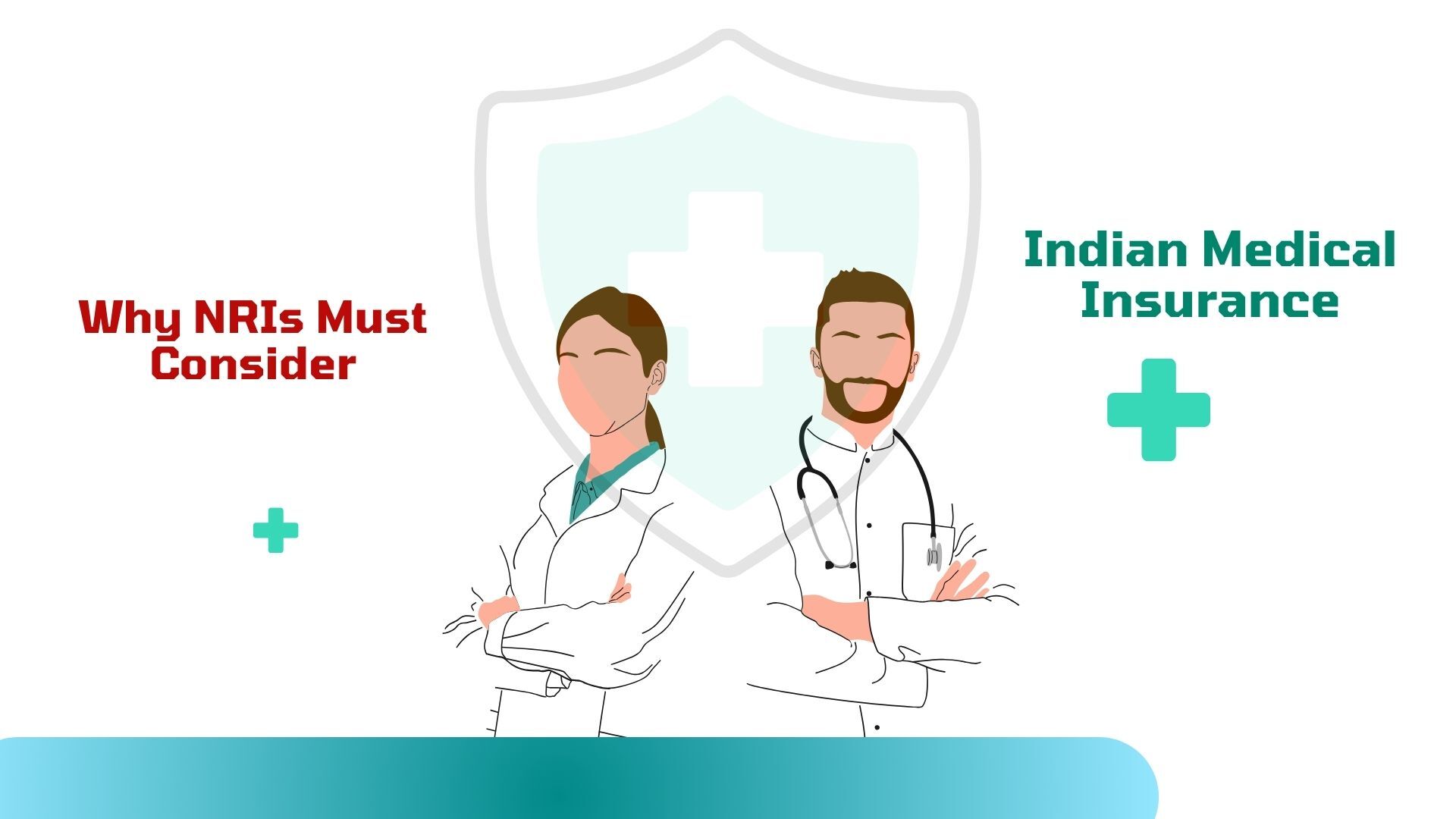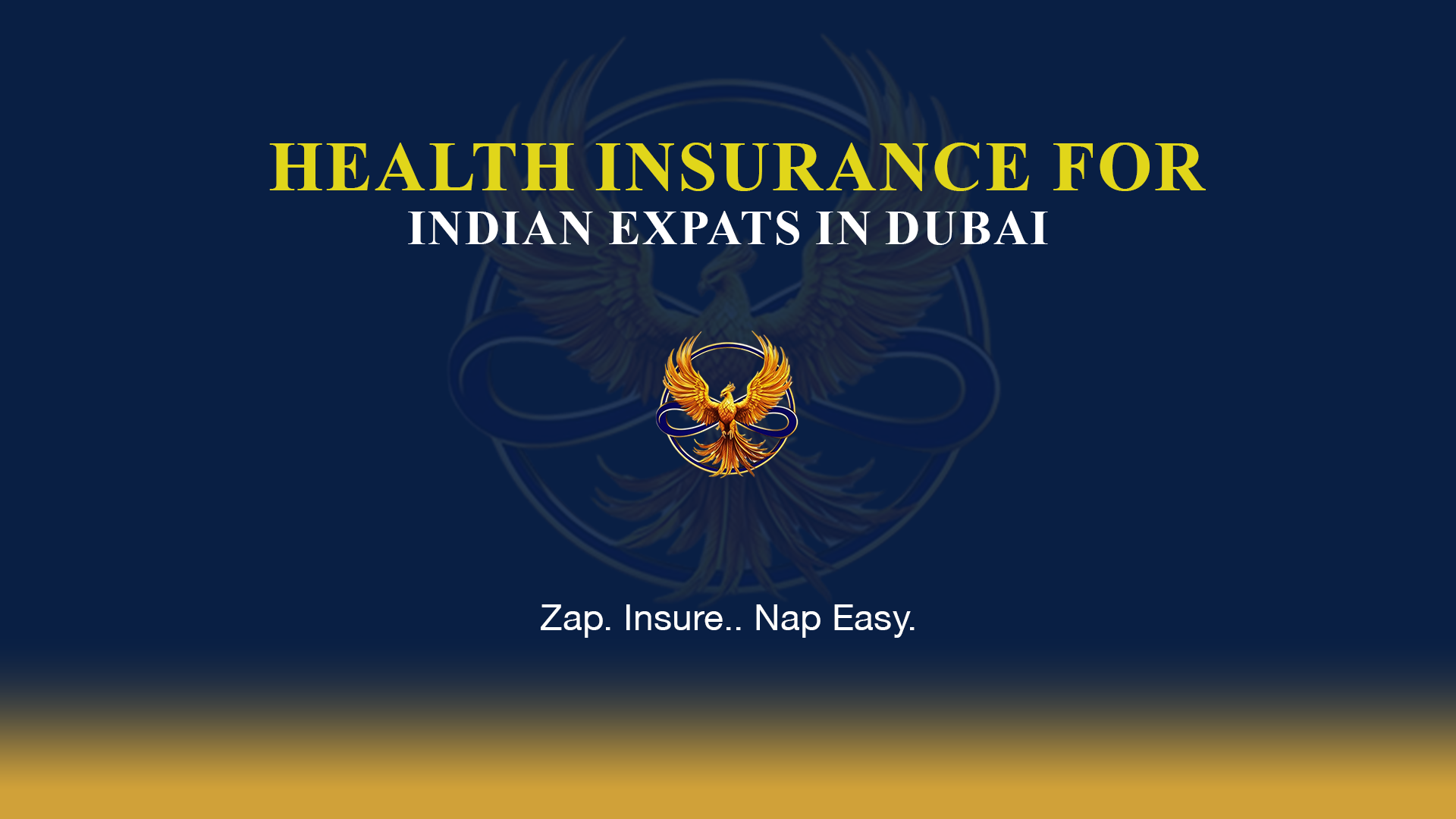
© insurewithjayesh | All Rights Reserved

Dubai has become a second home to millions of Indian expats. From financial professionals in DIFC to IT experts in Internet City, Indians are among the largest expat communities in the UAE. In a city where nearly 90% of residents are foreign-born, understanding the local healthcare rules are crucial.
Moving for work? Reuniting with family? Or, seeking new opportunities? The right health coverage is unskippable.
Let’s understand all about health insurance for Indian expats in Dubai.
The healthcare system in Dubai is modern and renowned. Unlike in India, the costs are high.
By law, every resident must have valid health insurance that meets the Dubai Health Authority (DHA) standards. Without it, you may:
Relying only on the plans your employer provided? Or haven't explored your coverage options yet? Now let's take a closer look, together.
Dubai operates both public and private healthcare systems.
Government hospitals are affordable and offer excellent care. Especially for emergencies and maternity. However, they typically require a DHA Health Card and may have longer wait times.
Most Indian expats prefer private hospitals, which provide quicker appointments, multilingual staff, and more comfort. These are often covered under mid to premium insurance plans.
Tip: Private hospitals are a popular choice among Indian families for their speed and service. If convenience and English-speaking staff matter to you, make sure your policy includes top private facilities.
Health Insurance is a non-negotiable.
All residents must have health insurance. Also, that meets the Essential Benefits Plan (EBP) minimums. Here’s what this means for you:
Many expats don't realize their employer’s policy. Most of them only covers the employee, leaving families unprotected. Double-check before assuming you're all set.
There are three major types of plans Indian expats commonly use:
Tip: Ask for a copy of your employer’s policy. I’ve seen cases where expats assumed they had full coverage — only to discover serious gaps when they needed care.
Health insurance costs depend on several factors:
|
Plan Type |
Estimated Annual Premium |
|
Basic Local Plan |
AED 600–1,000 |
|
Mid-Level Local Plan |
AED 3,000–6,000 |
|
International Plan |
AED 10,000–30,000+ |
Tip: “Don't chase the cheapest plan. A low-cost option may exclude essential services. Always balance price with value — especially when it comes to family.”
A DHA Health Card is for accessing public healthcare. This is not a substitute for health insurance. But rather a supplemental ID used at public hospitals.
You can apply online
Choosing a plan isn’t just about ticking the “mandatory” box. It is about getting you and your loved ones fully covered.
Ask yourself:
Compare plans based on:
Tip: “As a licensed advisor, I help Indian expats compare plans from major providers — and avoid paying for extras you don’t need.”
The right health insurance for Indian expats in Dubai doesn’t have to be overwhelming.
I can help you, if you are:
Evaluating your employer's plan
Covering your family
Looking for global protection
With years of working with expats like you, I’ll help you find a plan. A plan that balances value. A plan that can offer you benefits. A plan that can give you a sense of security. All without overpaying.
Let’s connect and build that plan to protect your health and your future in Dubai.
Absolutely. Whether you’re employed or self-sponsored, health insurance is a legal requirement for all Dubai residents.
Local UAE plans
International insurance
Employer-provided plans.
Yes, but not automatically. If you're the sponsor, you’ll need to purchase separate or family plans for dependents.
Your employer must cover your insurance. But not for your family. It's your responsibility to ensure dependents are insured.
Think about your lifestyle, travel, and health priorities. Don’t settle for just the cheapest option — look at network quality, benefit caps, and flexibility.
Not always. Basic plans often exclude maternity. But if you are someone planning to start or grow your family, look for a policy that includes maternity and newborn coverage.
© insurewithjayesh | All Rights Reserved